Nigeria
Nigerian and European Union forces conduct joint anti-piracy drills at the Western Naval Command in Lagos, to demonstrate their capabilities in the Gulf of Guinea.
Piracy in the Gulf of Guinea -- home to Sub-Saharan Africa's two main oil producers, Nigeria and Angola -- has seriously disrupted international shipping routes and cost the global economy billions of dollars.
The idea of strengthening cooperation with Nigeria became necessary, in order to ensure coordinated monitoring of the Gulf of Guinea by the EU and its member states.
The visiting European Union countries which included Italy, Spain, Greece and France are also expected to address threats such as illegal fishing, trafficking and transnational crimes in the Gulf of Guinea.
The Gulf of Guinea itself is a vast and diverse region stretching from Senegal to Angola covering approximately 2,874nm of coastline. It is an important shipping zone transporting oil and gas as well as goods to and from Africa and the rest of the world.
Averagely, about 1500 tankers, cargo ships and fishing vessels navigates its waters.
Nigeria has continued to record successes in the anti-piracy war as activities of pirates in the Gulf of Guinea have reached an all-time low in more than a decade.
About a month ago, Nigeria had just achieved a mileage, in it’s anti-piracy drive as the International Maritime Bureau (IMB) delisted the country from it’s piracy list.




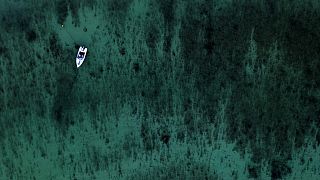
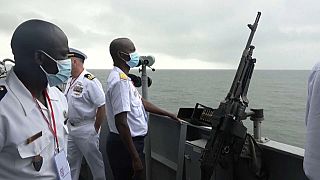
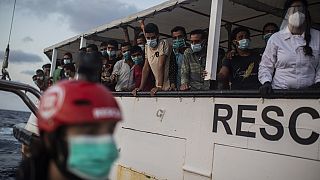
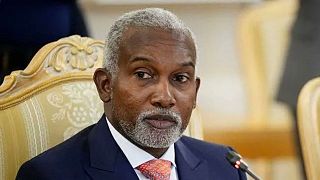


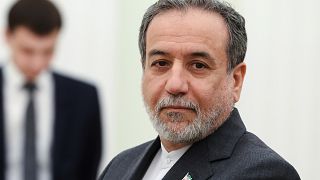


Go to video
Nearly 200 migrants intercepted off the coast of Senegal
Go to video
U.S. slashes visa duration for some African nationals amid policy shift
02:05
WAFCON: Super Falcons fans optimistic about the team's performance
Go to video
African migrants targeted as visa scams surge amid tougher immigration rules in Canada
01:06
Brazil launches major security operation ahead of BRICS Summit
01:30
Nigerian singer Tems launches Leading Vibe Initiative to support women in music